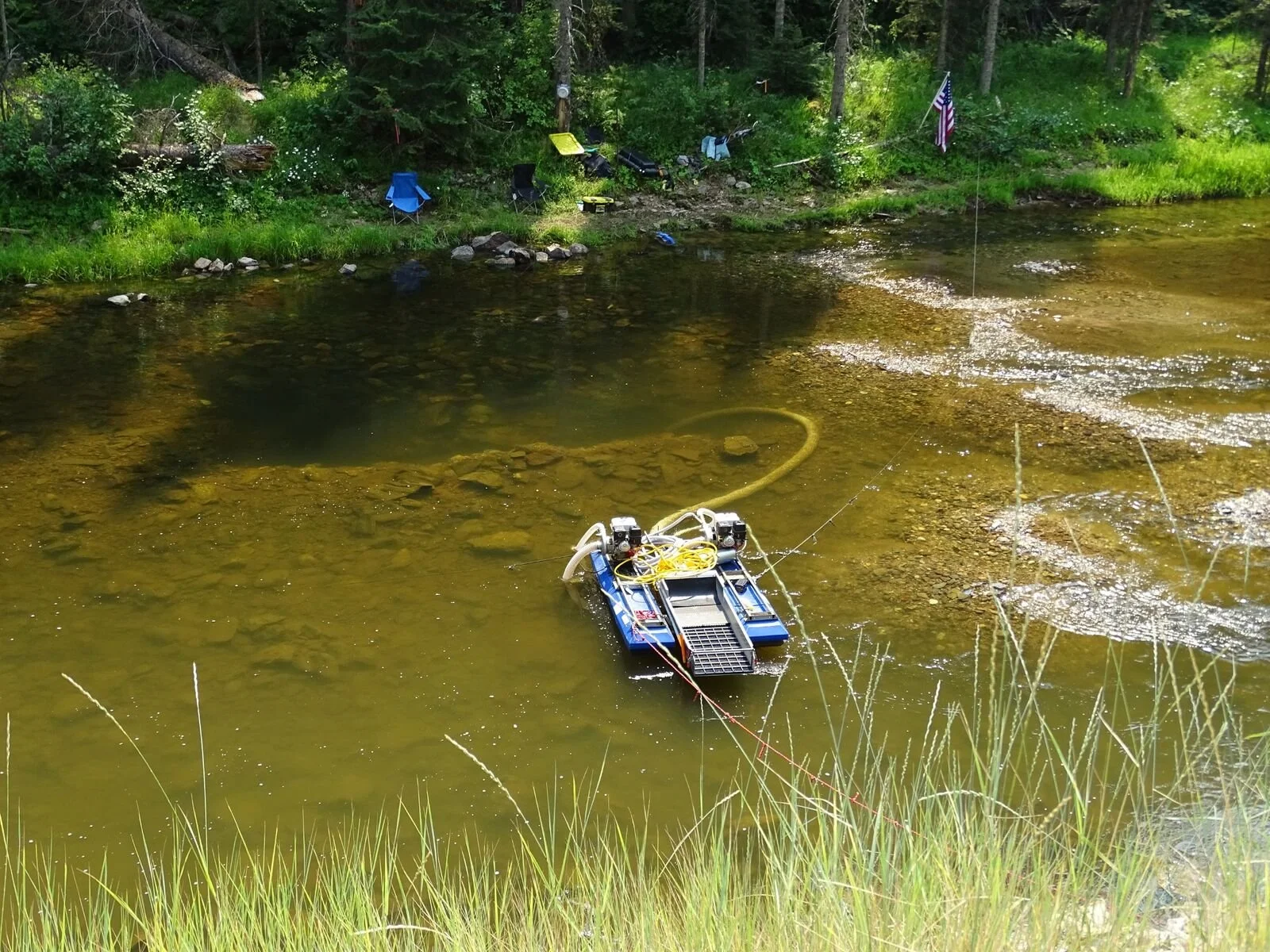ICL’s Lawsuit Against Dredge Miner Moves Forward
(BOISE) On Monday, Sept. 30, a federal court ruled the Idaho Conservation League, represented by Advocates for the West, can move ahead with a lawsuit filed against a California suction dredge miner operating in Idaho on the South Fork of the Clearwater River.On July 9, Chief Magistrate Judge Ronald E. Bush in Boise federal court heard arguments on a motion to dismiss a lawsuit ICL filed against miner Shannon Poe. ICL filed the suit against Poe in August 2018 for violating rules put in place to protect clean water.ICL’s Conservation Program Director Marie Callaway Kellner said, “We’re extremely pleased with the court’s ruling. Protecting clean water and Idaho’s rivers is everyone’s responsibility. We look forward to the next step in our lawsuit to hold Mr. Poe accountable for violating the Clean Water Act.” “This ruling sends a strong message to Mr. Poe and other dredge miners who refuse to follow the rules in Idaho that they are not above the law,” said Bryan Hurlbutt, staff attorney at Advocates for the West.For years, Poe and his organization, the California-based American Mining Rights Association (AMRA) have encouraged miners to ignore federal rules on the South Fork of the Clearwater River, which provides habitat for several threatened, endangered and sensitive fish, including steelhead, salmon, bull trout and pacific lamprey. ICL monitors suction dredge mining and has placed several miners on notice to ensure they follow requirements and avoid polluting Idaho’s rivers and public lands. In Idaho, these miners must apply for permits to comply with state and federal rules to protect endangered species, water quality and other public resources. The U.S. Environmental Protection Agency requires all miners to obtain a Clean Water Act permit. The EPA also limits suction dredge mining in Idaho rivers that provide critical habitat for fish or have too much sediment. Poe has repeatedly refused to apply for the permits required by the EPA.Dredge mining can wreak havoc on fish, wildlife habitat, riverbanks, waterways and riverbeds. A high-powered vacuum sucks up gravel and sediment at the bottom of a stream, dumps the material into a sluice box to capture gold, if any, and then spews the gravel and sediment back into the water. Video/B-roll footage available from ”Dirty Gold,” presented by Friends of the Clearwater.
-###-

